Turning to entrepreneurship requires not just a great concept but also expertise, strategy, and relentless drive. Every businessman should read the top ten finest books to have a multitude of concepts guiding success. Since they cover basic issues such leadership, innovation, attitude, and business development, anyone striving to succeed in the competitive entrepreneurial market will find these must-read books priceless. Every book provides practical advice and tested strategies to manage challenges, scale projects, and release potential from classic works to modern game-changers.
Covering key subjects including financial management, marketing, and resilience, this carefully chosen collection stresses novels that inspire activity and sharpen skills. Whether launching a startup or growing an already-existing business, these books provide useful insights to help with decision-making and inspire a growth-oriented attitude. By means of research on these altering books, company owners can equip themselves with the tools to outperform competitors and establish environmentally sustainable businesses. This collection is aimed to appeal to aspirational brains by creating natural traffic with worthy, intriguing content that quickly speaks to the entrepreneurial vitality.
The Top Ten Biggest Books Every Entrepreneur Should Read
10. The Hard Thing About Hard Things by Ben Horowitz
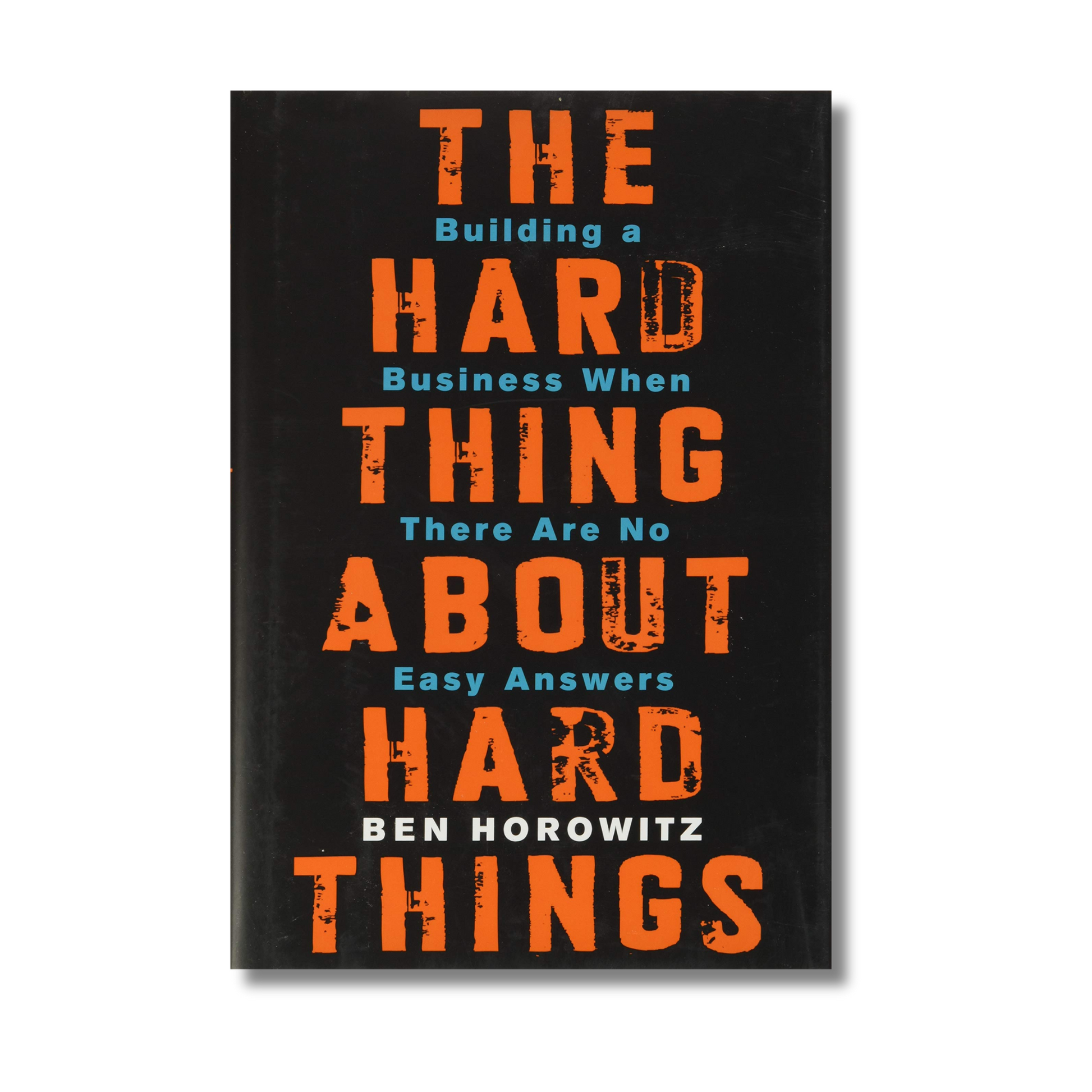
Summary: Ben Horowitz, co-founder of Andreessen Horowitz, shares his experiences leading Opsware, offering a raw look at tech entrepreneurship. The book covers decision-making, leadership, and resilience, focusing on real-world challenges like layoffs and pivots.
● Key Takeaways:
• Leadership involves making tough decisions without perfect information.
• Balancing short-term needs with long-term goals is crucial for sustainability.
• Building a strong company culture is essential during crises.
• Failure is inevitable, but learning from it drives growth.
●Why It Matters: This book is vital for entrepreneurs leading teams or scaling businesses, especially in tech, providing insights into managing people and navigating crises.
9. Rework by Jason Fried & David Heinemeier Hansson
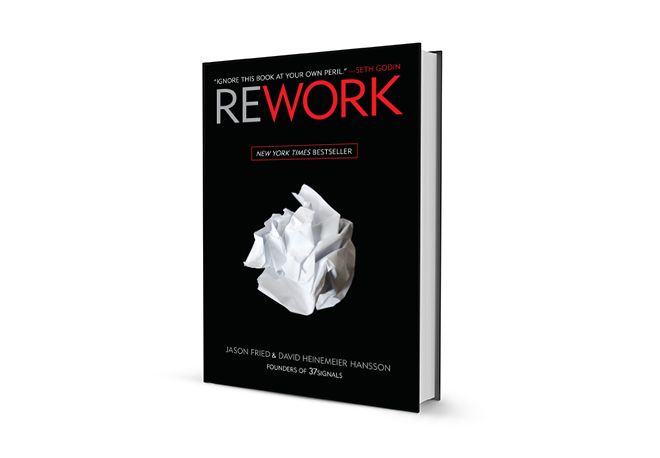
Summary: Co-founders of Basecamp challenge traditional business thinking, advocating for simplicity and focus. The book emphasizes doing less but better, offering unconventional advice for startups and small businesses.
● Key Takeaways:
• Focus on essentials and ignore non-critical tasks.
• Adapt plans as needed, prioritizing flexibility over rigid strategies.
• Avoid workaholism; efficiency is more important than long hours.
• Great products, not marketing, build great companies.
● Why It Matters: Ideal for lean startups and small businesses, Rework helps entrepreneurs rethink conventional wisdom, staying agile in competitive markets.
8. Atomic Habits by James Clear
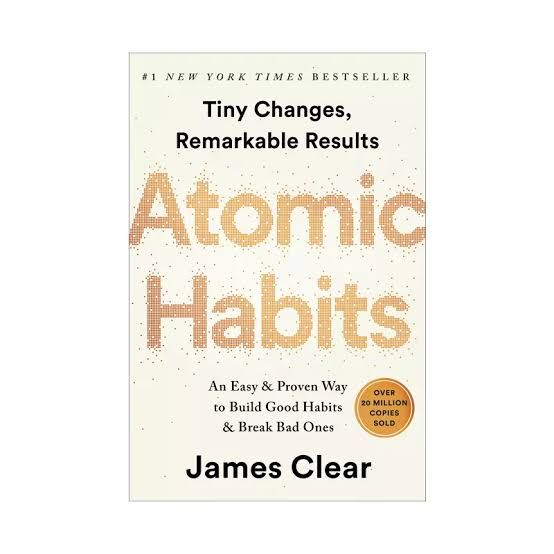
Summary: James Clear’s modern guide focuses on habit formation, emphasizing small, incremental changes for significant results. It provides a framework for systems over goals, crucial for personal and business growth.
● Key Takeaways:
• Small habits compound over time, leading to big changes.
• Design your environment to support desired behaviors.
• Focus on systems (processes) rather than goals (outcomes).
• Changing habits starts with aligning them with your identity.
●Why It Matters: Essential for entrepreneurs needing discipline and consistency, improving productivity and personal effectiveness for long-term success.
7. Start With Why by Simon Sinek
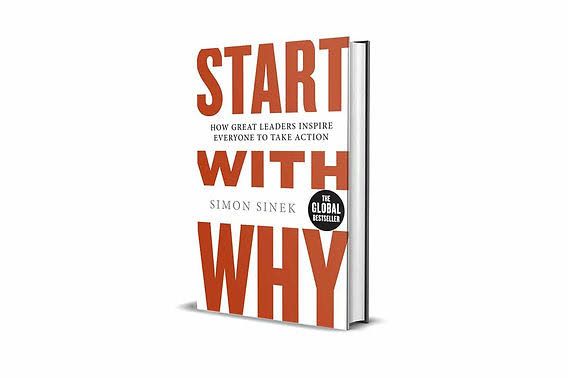
Summary: Simon Sinek introduces the “Golden Circle,” emphasizing starting with “why” to inspire loyalty and differentiate businesses. It explores purpose-driven leadership, crucial for building trust and innovation.
● Key Takeaways:
• Great leaders inspire by starting with their “why,” not “what.”
• People buy into purpose, not just products or services.
• Clarity of purpose drives innovation and decision-making.
• Consistency between actions and purpose builds trust with stakeholders.
● Why It Matters: Crucial for mission-driven companies, helping entrepreneurs resonate with customers and employees in competitive markets.
6. The E-Myth Revisited by Michael E. Gerber
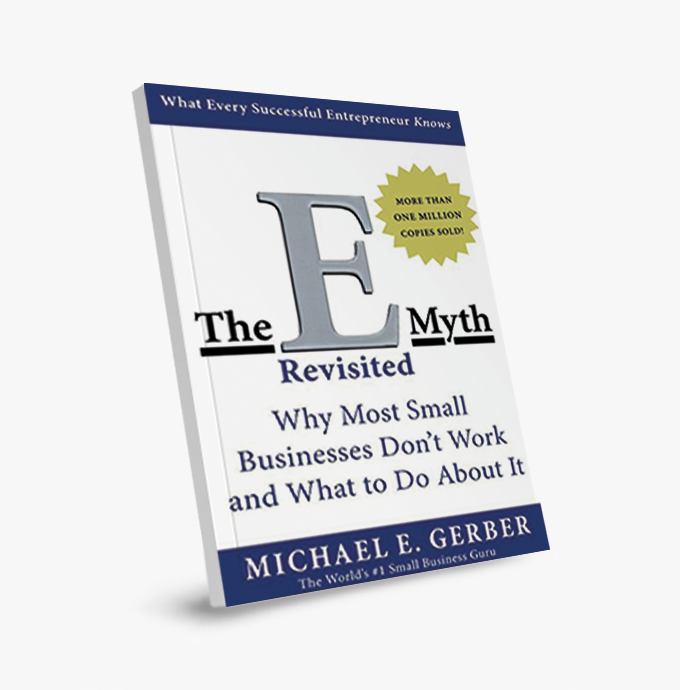
Summary: Michael E. Gerber explains why small businesses fail, introducing the three personalities of business owners: entrepreneur, manager, and technician. It emphasizes systems and processes for scalability, avoiding owner dependency.
● Key Takeaways:
• Most entrepreneurs are technicians, not true business owners.
• Focus on working “on” the business, not just “in” it, through systems.
• Small businesses need scalable models, like franchise prototypes.
• Avoid common pitfalls by understanding the entrepreneurial myth.
● Why It Matters: A roadmap for small business owners to build scalable, sustainable businesses, avoiding common failures.
5. Rich Dad Poor Dad by Robert Kiyosaki
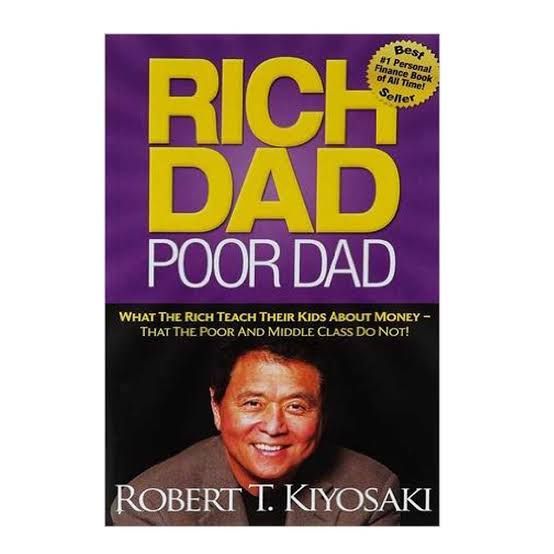
Summary: Robert Kiyosaki contrasts financial philosophies of a rich and poor father, teaching financial literacy. It emphasizes assets, liabilities, and investing, crucial for entrepreneurs building wealth.
●Key Takeaways:
• The rich make money work for them, focusing on assets over income.
• Assets put money in your pocket; liabilities take it out.
• Financial education is more important than formal education for success.
• Learn to invest in income-generating assets for long-term wealth.
● Why It Matters: Essential for entrepreneurs to understand money, building sustainable businesses with a wealth-creation mindset.
4. The 4-Hour Work Week by Tim Ferriss
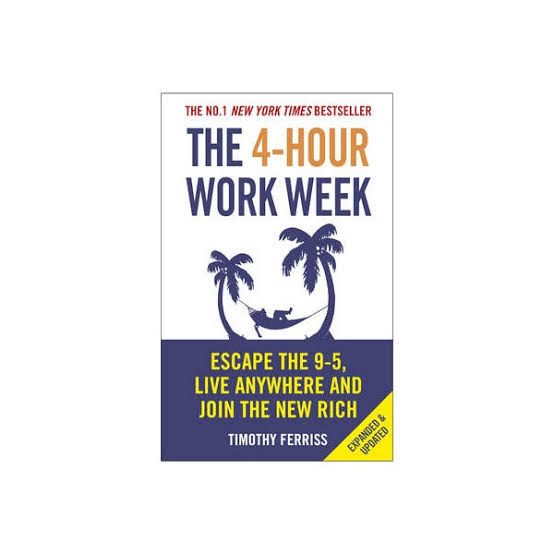
Summary: Tim Ferriss challenges the 9-to-5 model, introducing “lifestyle design.” It teaches automating income, freeing up time, and living life on your terms, focusing on time and mobility as ultimate currency.
● Key Takeaways:
• Question old assumptions about work and life balance.
• Focus on efficiency using the Pareto principle (80/20 rule).
• Automate business processes to free up time for what excites you.
• Embrace mini-retirements and travel for a fulfilling life.
● Why It Matters: A blueprint for creating businesses that support desired lifestyles, ideal for entrepreneurs seeking freedom and flexibility.
3. The 7 Habits of Highly Effective People by Stephen Covey
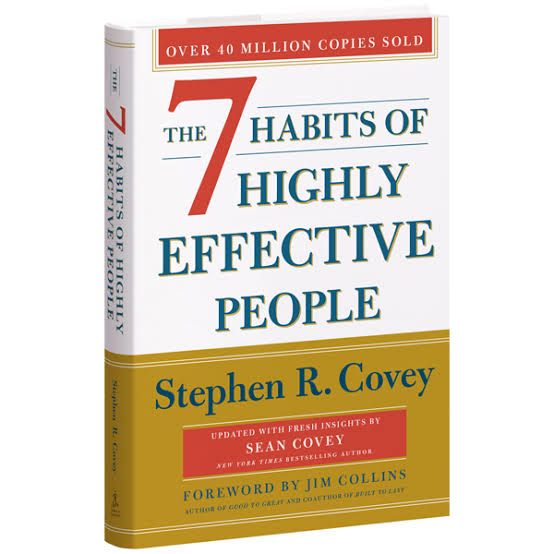
Summary: Stephen Covey’s timeless classic outlines seven habits for personal and professional effectiveness, focusing on character over personality. It covers independence, interdependence, and continuous improvement.
● Key Takeaways:
• Be proactive: take responsibility for your reactions and actions.
• Begin with the end in mind: envision your future and create a mission statement.
• Put first things first: prioritize using the Eisenhower matrix for task management.
• Think win-win: seek mutually beneficial solutions in negotiations.
• Seek first to understand, then to be understood: practice empathetic listening.
• Synergize: leverage diversity and teamwork for better outcomes.
• Sharpen the saw: renew yourself physically, mentally, emotionally, and spiritually.
● Why It Matters: Provides a holistic framework for leadership and self-management, crucial for entrepreneurs at any stage.
2. Zero to One by Peter Thiel
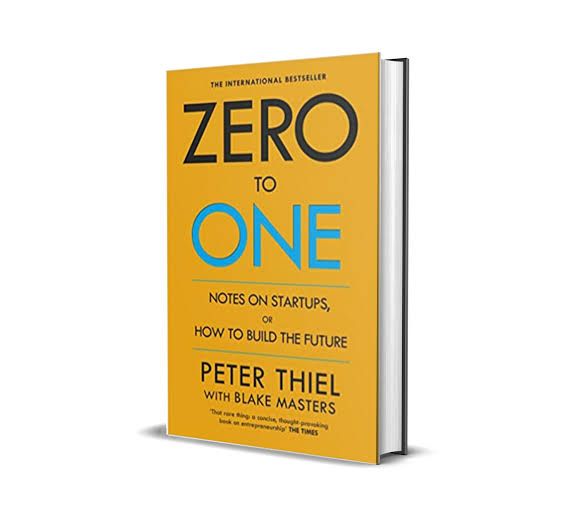
Summary: Peter Thiel, co-founder of PayPal, shares how to build companies that create new markets, emphasizing innovation and monopoly thinking. It focuses on creating value that didn’t exist before, crucial for disruptive entrepreneurship.
● Key Takeaways:
•Go from “zero to one” by creating something new, not copying existing ideas.
• Monopolies are good for sustained innovation, avoiding competition.
• Focus on one big idea rather than spreading efforts across multiple areas.
• Think for yourself and challenge conventional wisdom for breakthroughs.
• The future is built, not inevitable, through entrepreneurial action.
● Why It Matters: Essential for entrepreneurs aiming to disrupt industries, particularly in tech, by thinking big and innovating.
1. The Lean Startup by Eric Ries
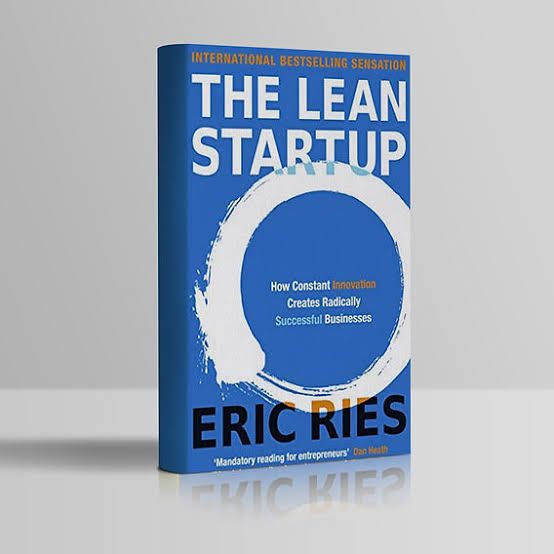
Summary: Eric Ries introduces the Lean Startup methodology, focusing on building minimum viable products (MVPs), testing with customers, and iterating based on feedback. It’s a guide for validating ideas quickly and efficiently, minimizing waste.
● Key Takeaways:
• Entrepreneurship is learnable through experimentation and validated learning.
• Start with a hypohesis and test it using an MVP to gather real feedback.
• Use the Build-Measure-Learn feedback loop to iterate quickly and adapt.
• Focus on validated learning, not vanity metrics like downloads or views.
• Pivot when necessary, but don’t give up too soon, learning from failures.
● Why It Matters: Provides a practical framework for building successful startups, especially in early stages, ensuring efficient resource use and customer alignment.

